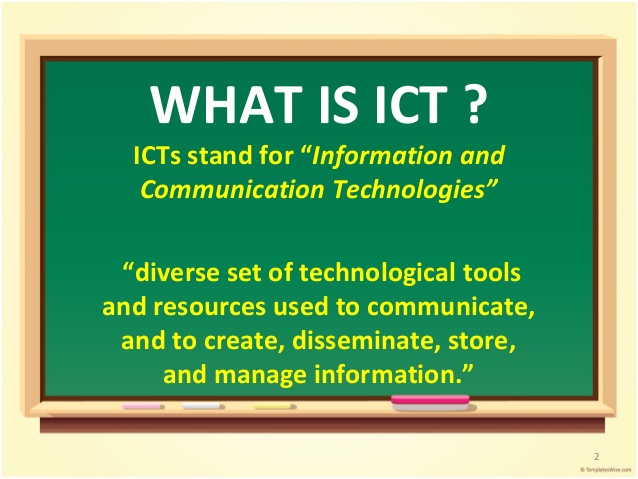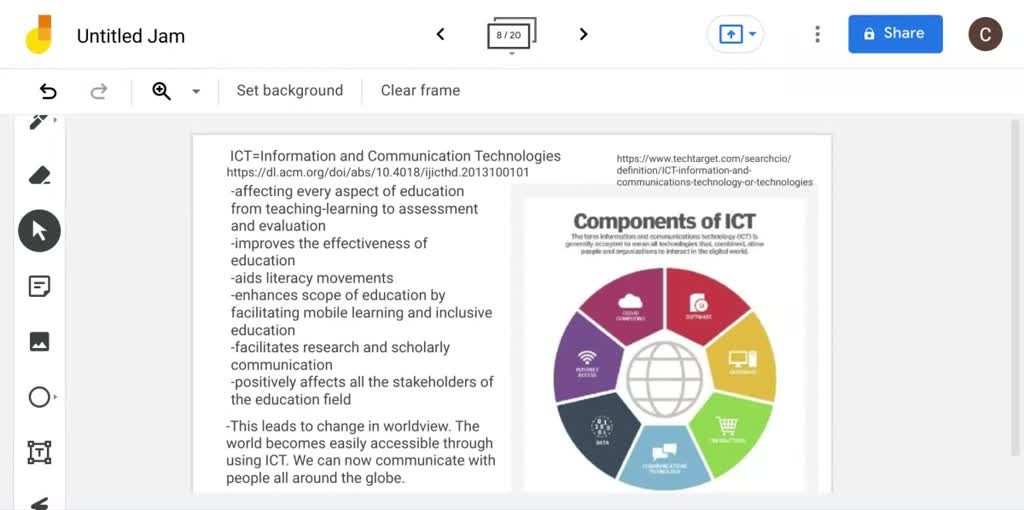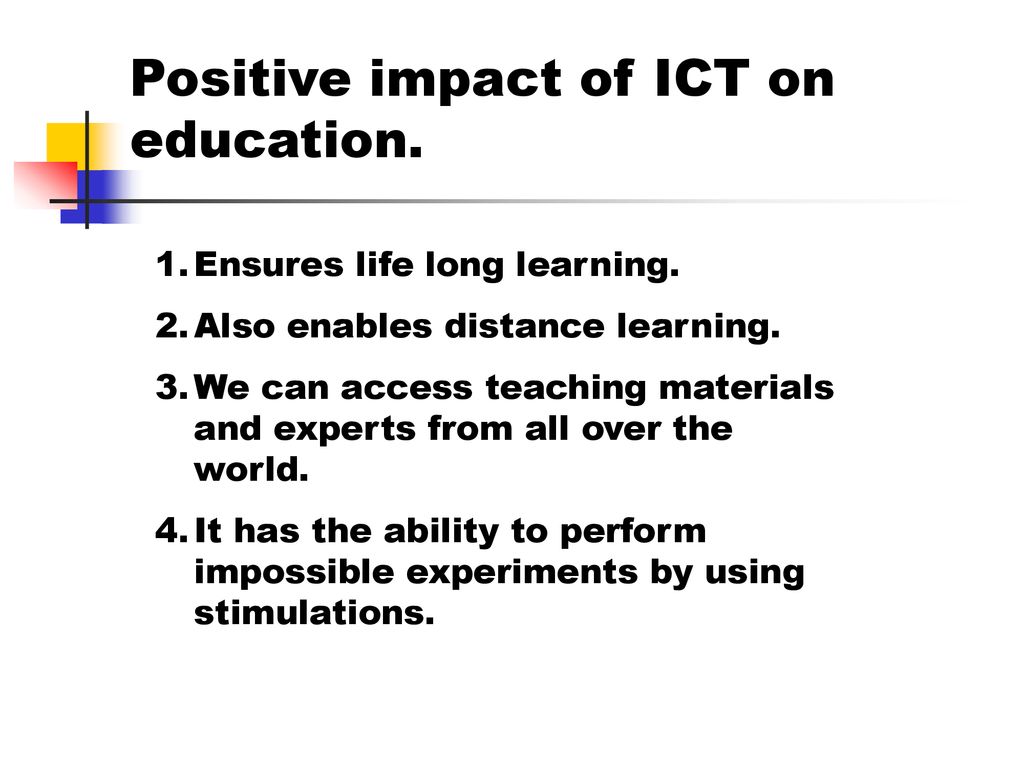Information and communication technology (ICT) has had a significant impact on education in recent years. It has transformed the way we teach and learn, providing new opportunities for students and teachers alike.
One of the most significant impacts of ICT in education is the increased access to information. With the proliferation of the internet, students have access to a vast amount of information at their fingertips, allowing them to conduct research and learn about almost any topic. This has also made it easier for teachers to find and share resources, allowing them to create more engaging and interactive lessons.
Another impact of ICT in education is the ability to deliver education remotely. With the advent of online learning platforms, students can now access course materials and lectures from anywhere in the world. This has made education more accessible to those who may not have had the opportunity to attend traditional schools due to geographical, financial, or other constraints.
In addition to providing access to information and enabling remote learning, ICT has also made education more interactive and engaging. Through the use of educational software and interactive whiteboards, teachers can create interactive and visual presentations that keep students engaged and motivated.
However, it is important to note that while ICT has the potential to greatly enhance education, it is not a replacement for traditional teaching methods. Teachers still play a vital role in guiding and facilitating student learning, and the use of ICT should be integrated into a well-rounded educational program.
In conclusion, ICT has had a significant impact on education, providing new opportunities for access to information, remote learning, and interactive teaching. While it is not a replacement for traditional teaching methods, it has the potential to greatly enhance the learning experience for students and teachers.







